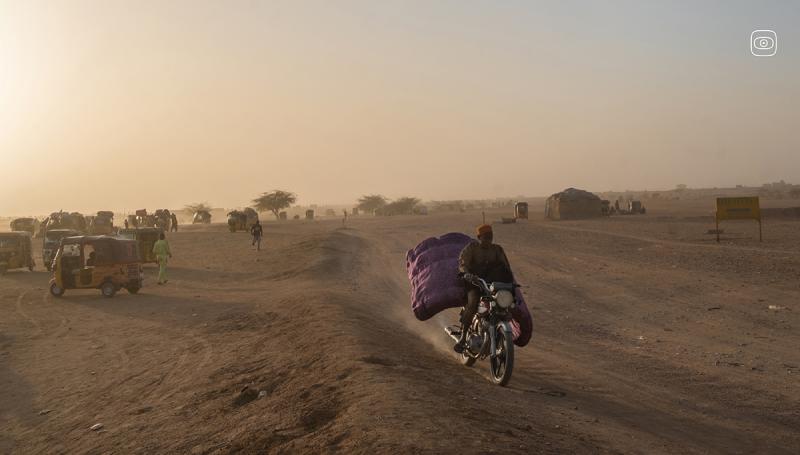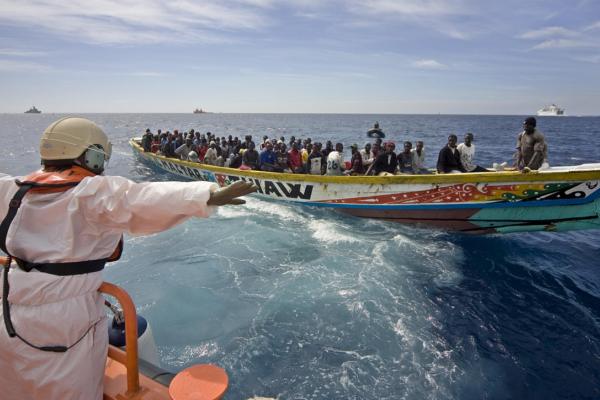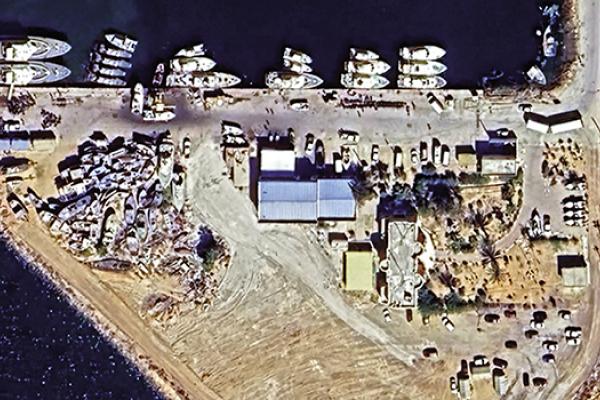Between 2014 and 2020, Niger — labelled a 'migration champion' by EU officials — received over €1.3 billion in humanitarian and development aid. As part of the 'European Trust Fund for Africa', €54 million was allocated to managing migration. Despite this substantial funding, it is impossible to determine how many people have died on the new clandestine desert routes that emerged following the introduction of the law. Some estimate that these routes could be deadlier than crossing the Mediterranean.
A team of journalists travelled to Agadez, a desert town in Niger, to assess the impact of the law on the ground and determine whether it can truly “save lives”.
Research suggests that this EU-backed law has resulted in more dangerous routes and an unknown number of deaths in the desert. Hundreds of millions of euros of EU taxpayers' money spent in Niger has been touted as a success by Brussels, which seems eager to replicate the Nigerian model. However, the result is a desert full of secrets and missing people.
The investigative platform Border Forensics combined testimonies from migrants, as well as current and former drivers, with a year-long open-source intelligence (OSINT) research project.





